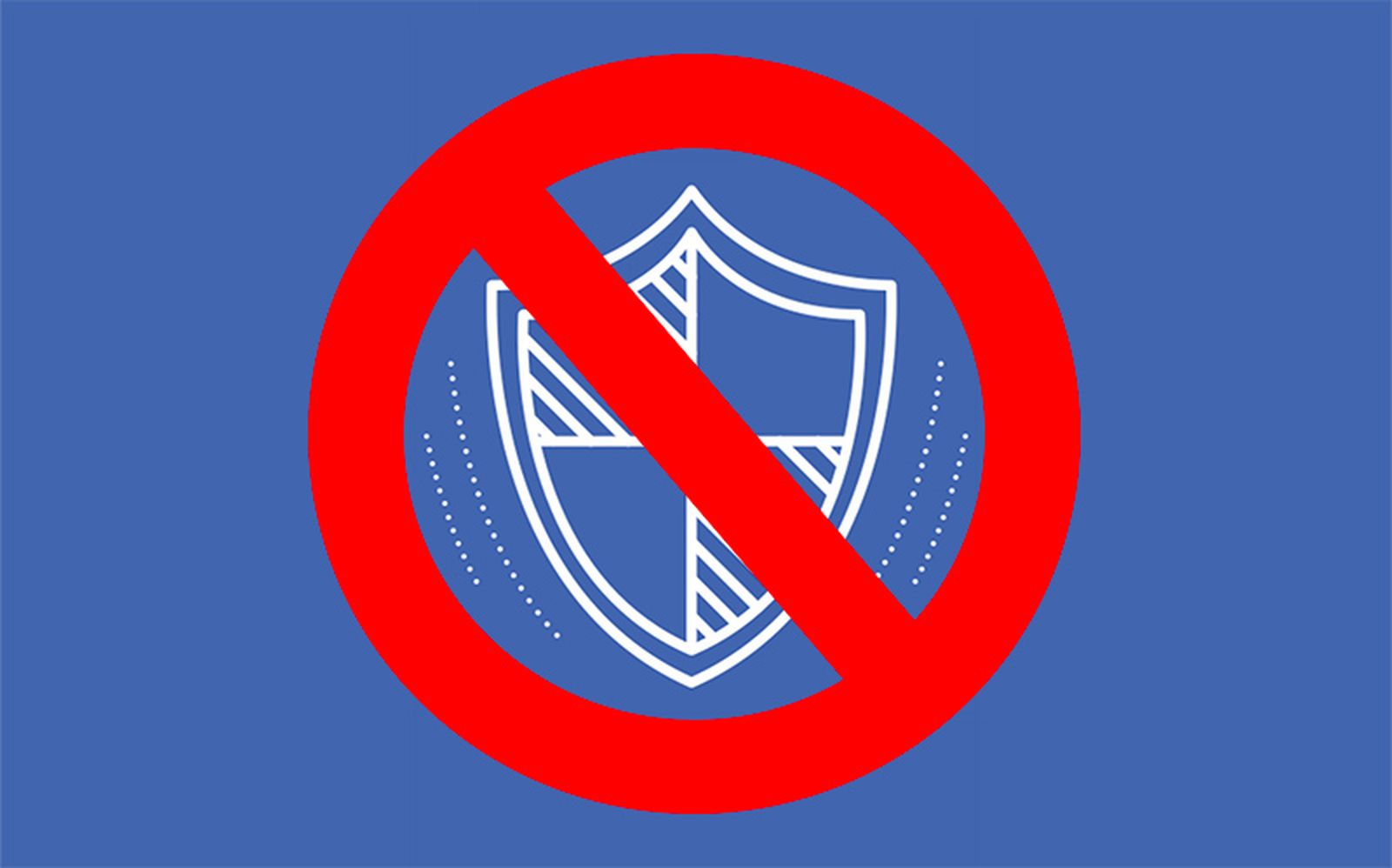@MarkC426 and
@tranceking26 -- I'm talking about a people in a (very) rural area on an island called Bougainville. I worked there as an anthropologist in the late sixties and early seventies. Bougainville came out of a long war of secession in the late nineties and I returned there for a time in 2001. It's headed for independence. I'm very close to a culture on the west-central part of the island, where internet service is spotty. The island, with approximately 200,000 people, has 14 different languages. Most people speak their own language, some English (some fluently) and then the lingua franca, tok pisin.
FB is very important to the younger people (say under 40) because they use it to discuss the island's future, to pass around information, and to be, well, sociable. In other words, pretty much the original idea of a social network. I belong to a few private groups, and in this way I can keep up with what's happening -- and, importantly, get perspectives from Bougainvilleans outside the group I know best. When appropriate, I give my own take on things (as an elder), and when I do that many people see what I've had to say. That's really not possible with email or even texting.
Yes, a few people have an email address for me (it's certainly not secret) and on rare occasions they will email me. They far prefer using FB Messenger, and so that's sometimes how I find out about births, deaths, and so on. But far more often, I'll see material on their own pages and respond to it.
A lot of them look at my FB page regularly, to see what I'm up to. Then they go and tell the old people (the ones with whom I'm the closest).
Maybe the best way to put it is that FB is my only way to participate in their communities, and that's important to many of them, and to me.

 9to5mac.com
9to5mac.com

 9to5mac.com
9to5mac.com


